It’s official! Halloween is tomorrow and the costume wearing, pumpkin carving, candy eating will finally begin!
But in the midst of all the ghoulish excitement, have you ever stopped to wonder about the who, what, where, when & how of Halloween?
Well, ? I have and here’s what I unearthed ⛏️….
Disclaimer: I am by no means an expert on the origins of Halloween and the information I’ve shared has come from college classes (shoutout to my Gaelic and Celtic History and Folklore teacher)
ANCIENT ORIGINS – SAMHAIN
Starting around 2,000 years ago, with the ancient Celtic festival of Samhain, the Celts considered this time to be especially important as it marked summer’s end and the harvest before the winter.
For the Celts though, the lack of harvest was often associated with human death. Many believed that on the night before the new year, the boundary between the worlds of the living and the dead became blurred with their ghosts (some good, some not so good) returning to earth.
To them, this was a sweet spot where the spiritual world was weakened and a perfect time to use supernatural forces to predict the future for their harvest. So Druids, also known as Celtic priests, were in high demand to make predictions about the future.
When they weren’t DM’ing the “in-between world” they were honoring Celtic deities, with humongous sacred bonfires. There, people gathered to burn remaining crops and practiced animal sacrifices. During this ritual, ornate costumes made of animal heads and skins were typically worn to dissuade dark spirits from doing a BOGO (buy one, get one) and hitching a ride alongside good spirits – possessing unsuspecting folks.
People also set places at the dinner table, left treats on doorsteps, and lit candles to help their departed loved ones find their way to the spirit world and not be stuck in-between.
THE SPREAD OF CHRISTIANITY – ALL SAINT’S DAY
As the Roman Empire and Christianity spread into Celtic lands, there was a blend of Christian influences on some of those Celtic rites.
Pope Gregory III designated November 1st as All Saints’ Day; a day to honor all saints, and November 2nd as All Souls’ Day; a day to honor the dead. This was a move meant to shift the focus to honoring saints and praying for the souls that recently began their journey to heaven, instead of celebrating and worshiping the occult. Ironically enough, All Souls’ Day was celebrated similarly to Celtic Samhain with large bonfires and people dressing up in costumes.
All Saints’ Day had another name it commonly went by called Hallows Day. See where this is going? And the night before All Hallows Day became known as All Hallows’ Eve. This was later became known as the October 31st everyone equates with all things spooky… HALLOWEEN! ???
TRADITIONS
The more Christian influences became present in daily life some 2,000 years ago, the more the pagan undertones of Samhain ways and influences started to lose steam.
People dressed up as saints and went from door to door reciting songs and asking for “soul cakes” or biscuits which eventually evolved into the practice some still do today of ‘trick-or-treating’.
Costumes moved from dressing in animal skin to ward off spirits to dressing as saints to pay tribute and homage to Christianity. This eventually morphed into the idea of dressing up in scary-looking garb as a way to spook unsuspecting neighbors.
But don’t let the fall fun and games stop here, for more autumn vibes check out the rest of my fall inspired posts:
- 5 Drinks You’ll Love for Fall
- Best Lip Shades for Fall
- 5 Items to Add to Your Spooky Fall Reading List
- Must-Have Fall Décor Ideas
What were you most surprised to find out?
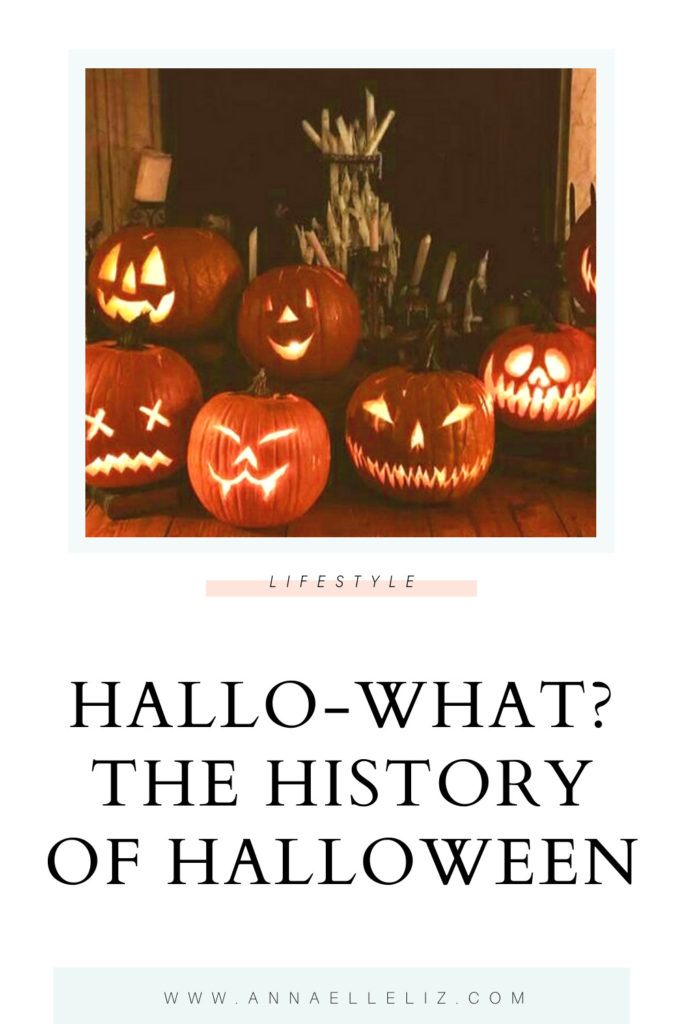

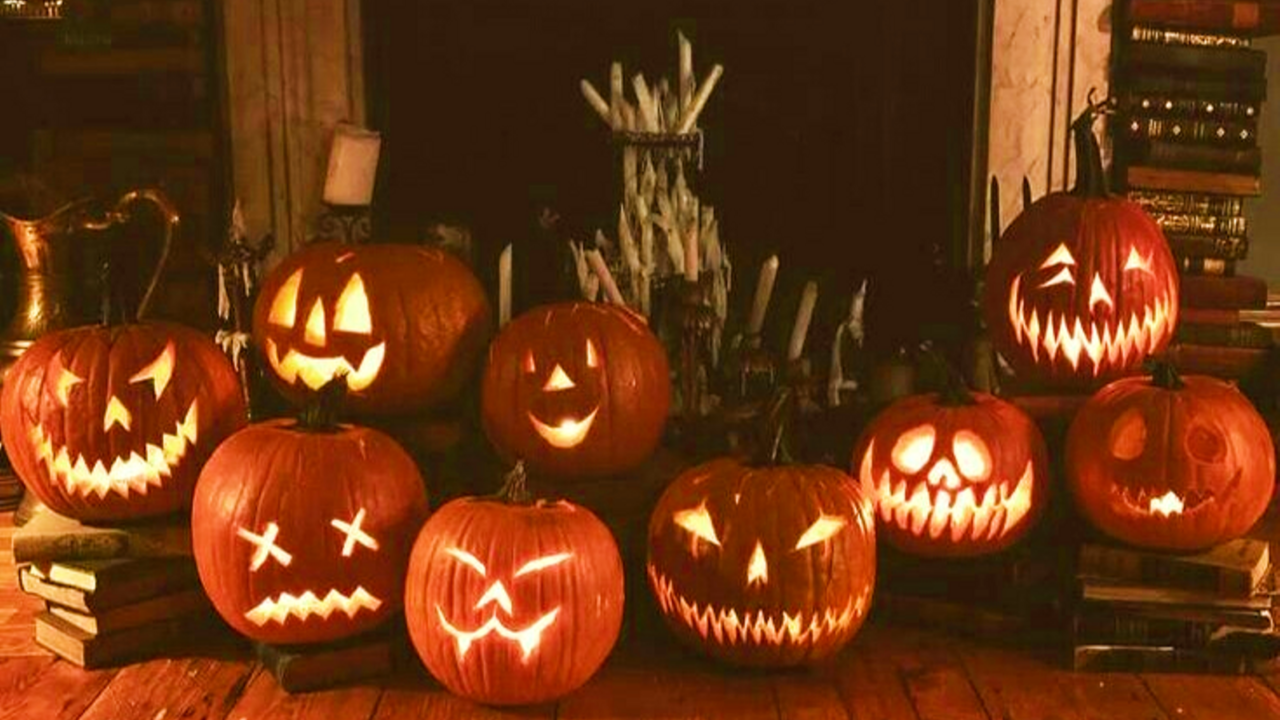
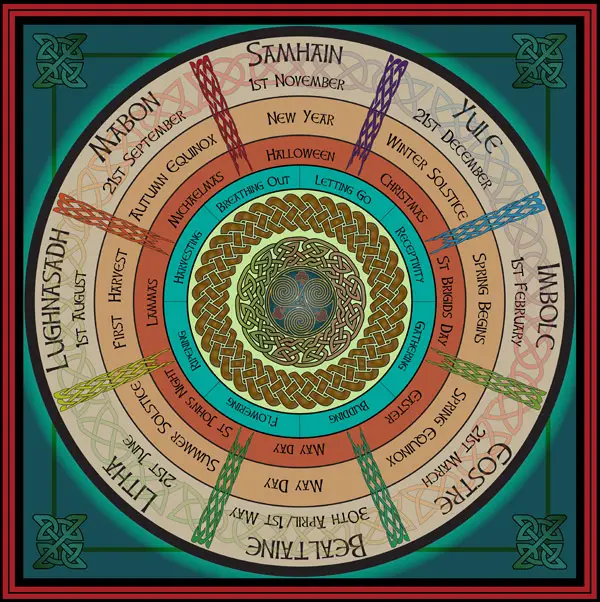




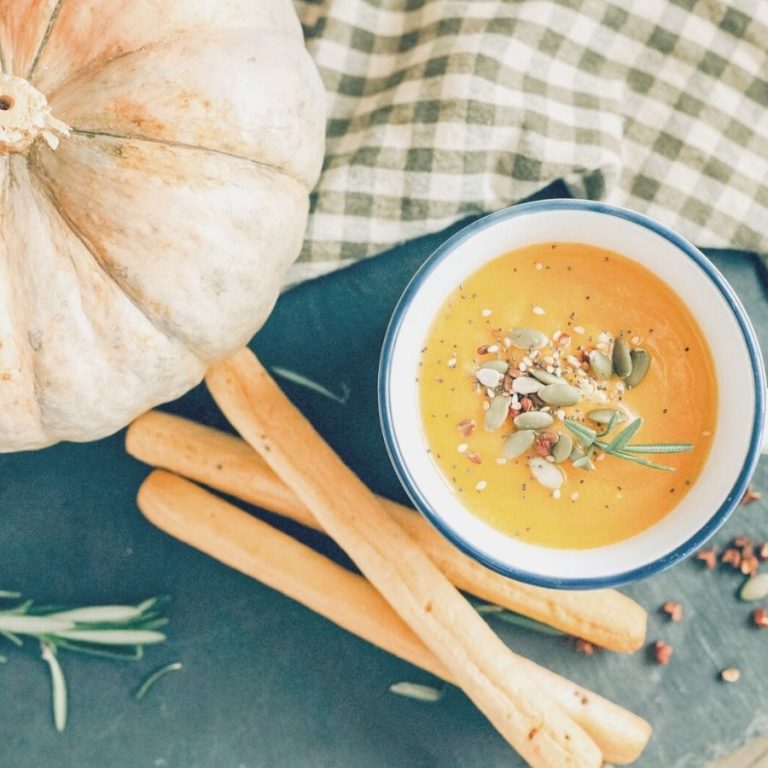
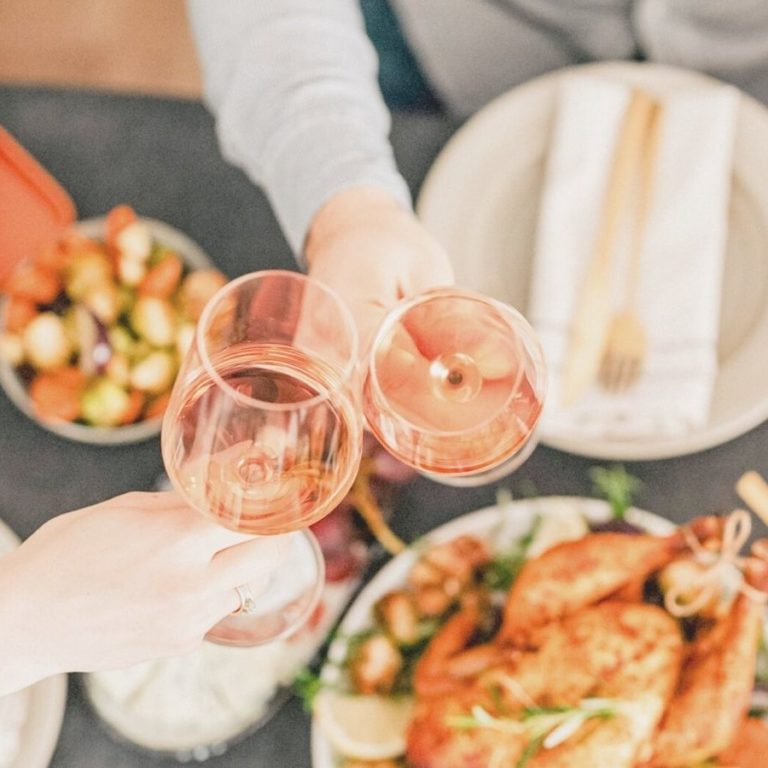

10 Comments
This is so interesting! Love it!
Xo, Kelsey
http://www.petiteinherheels.blogspot.com
So glad you found it interesting, it was just as fun to write!
I often find myself googling this every year. I don’t understand why a lot of churches “don’t believe in Halloween” or don’t participate… when it seems Halloween was started by churches…
It does seem like it doesn’t it? There’s definitely a blend of the two incorporated into the day though, at least when it comes to the origins.
This is very interesting…so glad I read this article…gives me a conversation piece and a reference when someone asks about it.
That is the sweetest! I’m so happy this could be a conversation piece when people ask about the History of Halloween!
Wow I had no idea! What interesting traditions have evolved!
It was so mind-blowing to learn about! I especially loved how asking for “soul cakes” evolved to trick or treating!
Such a good article, interesting how rituals/traditions change and people don’t really ask questions about WHY we do the things we do. Thanks for sharing!
Glad you enjoyed it! It was so exciting to learn about Halloween in class and I was immediately fascinated by how similar and different it was then and today!